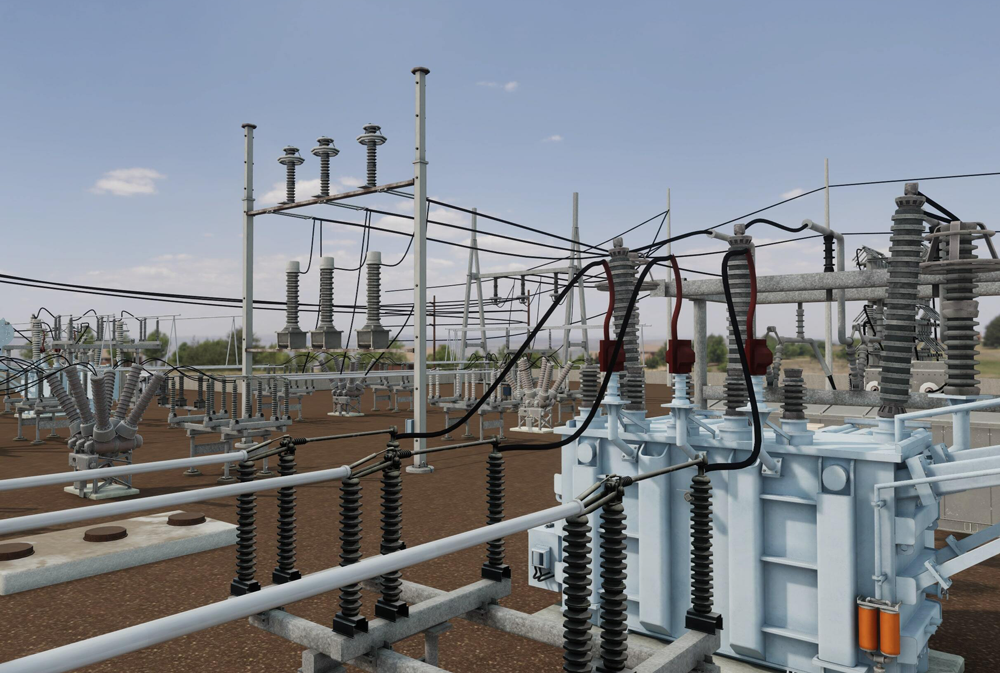Comments
- No comments found

The fusion of machine learning with electricity management signals the onset of a revolutionary era characterized by heightened efficiency and optimization.
As industries grapple with the challenges of sustainable energy consumption, machine learning emerges as a formidable ally, redefining how electricity is harnessed, distributed, and utilized. This article delves into the transformative impact of machine learning on electricity management, highlighting its applications, benefits, and the profound shift it brings to the power landscape.

Machine learning algorithms empower electricity management systems to analyze historical consumption patterns. By extrapolating trends and recognizing recurring patterns, these systems predict future energy demands with remarkable accuracy. This predictive prowess facilitates proactive decision-making, enabling energy providers to allocate resources efficiently and avoid demand-supply imbalances.
Incorporating machine learning into electricity management introduces the ability to monitor power usage in real time. Algorithms swiftly detect anomalies or unusual consumption patterns, signaling potential faults or inefficiencies. This early warning system empowers stakeholders to promptly rectify issues, minimizing downtime and reducing energy wastage.
Machine learning algorithms are instrumental in optimizing the distribution of electricity across complex networks. By analyzing data on supply, demand, and network performance, these algorithms make real-time adjustments to distribution, ensuring minimal transmission losses and optimal utilization of resources.
Machine learning paves the way for demand response strategies, where energy consumption is dynamically adjusted in response to grid conditions. These algorithms factor in variables such as pricing, peak demand times, and environmental factors to manage loads intelligently. As a result, electricity management becomes more flexible and attuned to the ebb and flow of energy requirements.
Renewable energy sources like solar and wind are variable by nature. Machine learning algorithms excel in forecasting their output based on weather patterns, historical data, and real-time inputs. This predictive ability allows for seamless integration of renewable sources into the grid, reducing reliance on conventional energy and advancing sustainability goals.
Machine learning's predictive capabilities extend to cost optimization. Algorithms analyze consumption data and market trends to forecast energy prices, enabling businesses and consumers to make informed decisions about energy usage. This, in turn, results in cost savings and the ability to leverage energy when it is most economical.
While the potential of machine learning in electricity management is immense, challenges remain. Data security, algorithm bias, and ethical considerations surrounding decision-making based on AI raise important questions. Striking a balance between innovation and safeguarding against unintended consequences is a priority.

Machine learning's profound impact on electricity management paints an exciting vision for the future. As algorithms continue to evolve, the power sector will witness unprecedented levels of optimization, sustainability, and responsiveness. From grid management to load optimization, machine learning reshapes the way electricity is managed, offering a greener, more efficient future.
Machine learning's integration into electricity management ushers in an era of unprecedented efficiency and intelligence. Its predictive capabilities, real-time monitoring, and optimization potential transform the way power is harnessed and distributed. As we navigate toward a future fueled by sustainable energy practices, machine learning stands as a catalyst for innovation, redefining the landscape of electricity management and propelling us toward a brighter, more efficient horizon.
Leave your comments
Post comment as a guest